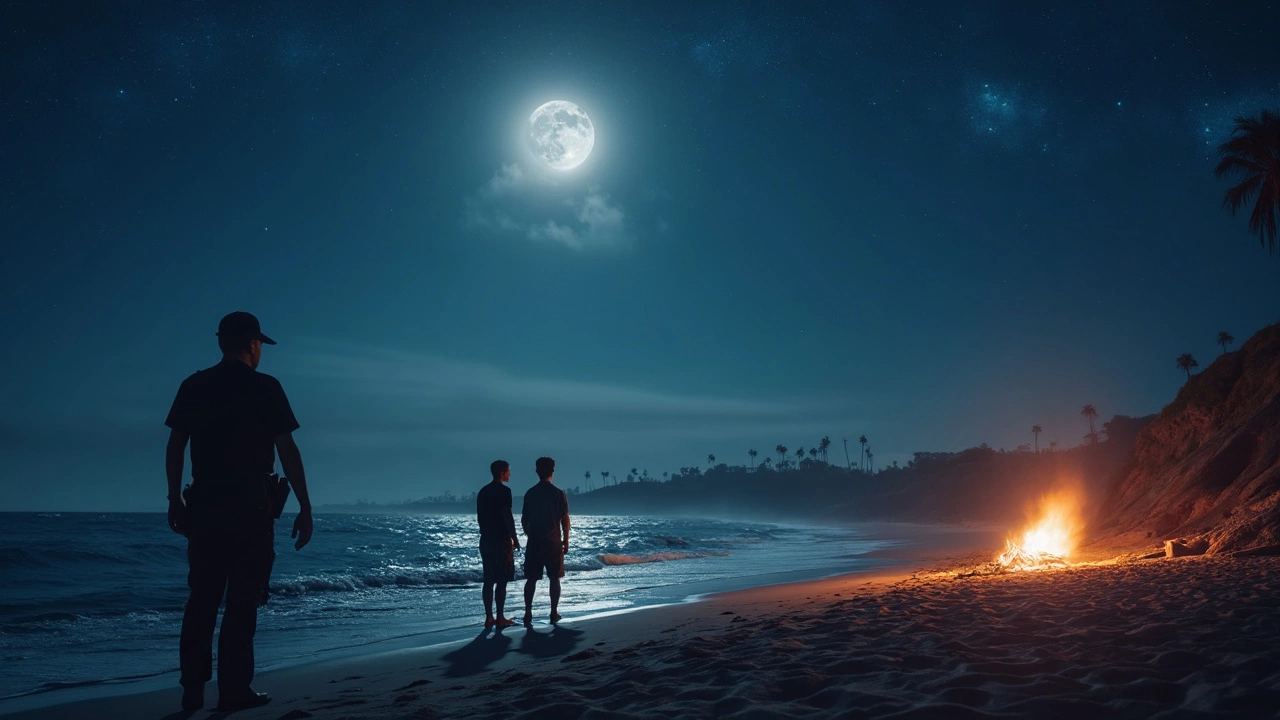California Laws: What Every Road‑Tripper and Camper Should Know
If you’re planning a road trip across the Golden State, you’ll hit amazing coastlines, forests and desert roads. But fun only lasts when you stay on the right side of the law. From where you can pitch a tent on a beach to how you can use a motorhome’s toilet while on the move, California has specific rules that can catch first‑time visitors off guard.
Camping and Beach Rules You Can’t Ignore
California lets you camp on many public lands, but not every beach is free for a tent. State parks usually require a reservation and a fee. For coastal beaches, look for signs that say “no camping” – those are enforced year‑round. If you find a spot without a sign, double‑check the local county rules; some counties allow overnight stays on state‑managed beaches for up to 24 hours, while others don’t.
National forests are more flexible. You can set up a campsite in a dispersed area as long as you’re at least 200 feet from water sources and you follow Leave No Trace principles. Remember to pack out all trash and avoid building permanent fire rings. Fires are only allowed in designated fire pits during dry seasons, and many areas have a total fire ban during high‑risk periods.
Motorhome and RV Regulations on the Road
Driving a motorhome in California feels like having a home on wheels, but there are a few extra hoops. First, make sure your vehicle is registered as an RV; this affects size limits on certain highways and low‑clearance bridges. Most California highways allow RVs up to 40 feet, but check the specific route if you’re pushing the limit.
When it comes to using the onboard toilet while the vehicle is moving, the law is clear: you can’t discharge waste onto the road or any public property. Most modern RVs have a sealed waste tank that you empty at dump stations. Dump stations are common at larger campgrounds, truck stops and some rest areas. Plan your route with these stops in mind to avoid any illegal dumping fines.
Speed limits for motorhomes are the same as for regular cars unless posted otherwise, but remember that a fully loaded RV handles differently. Keep a safe distance, use lower gears on steep descents, and avoid sudden lane changes. If you’re renting a motorhome, the rental company will usually provide a quick guide on weight limits and recommended driving practices – following it can save you from costly penalties.
Finally, keep your paperwork handy. Police can ask for your driver’s license, registration, and proof of insurance. Some counties also require a special permit for overnight parking in municipal lots. A quick check on the city’s website before you arrive can prevent an unexpected ticket.
California offers endless scenery, from Redwood forests to desert sunsets. By knowing the basic camping, beach and RV rules, you’ll spend more time enjoying the views and less time dealing with fines. Use this guide as a checklist before you hit the road, and you’ll travel with confidence across the state’s diverse landscapes.
Is it Illegal to Sleep on the Beach in California? What You Need to Know
Can you just roll out a sleeping bag and snooze under the stars on a California beach? This article unpacks the real rules about sleeping overnight on the sand, explaining how laws can shift from town to town. You'll find out where you can legally camp, what to expect if you break the rules, and a few smart tips for enjoying the beach without getting in trouble. Whether you've dreamed of crashing waves as your lullaby or just want a spontaneous night outdoors, here's what you need to know to avoid a surprise visit from the police. Find alternatives that keep your beach night both legal and memorable.
